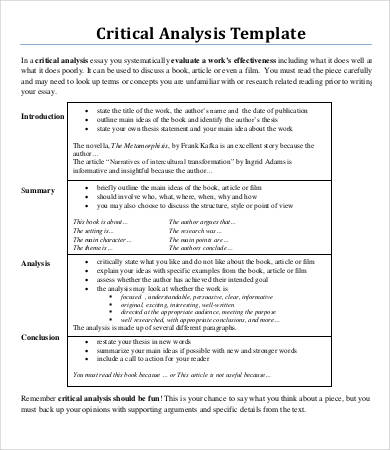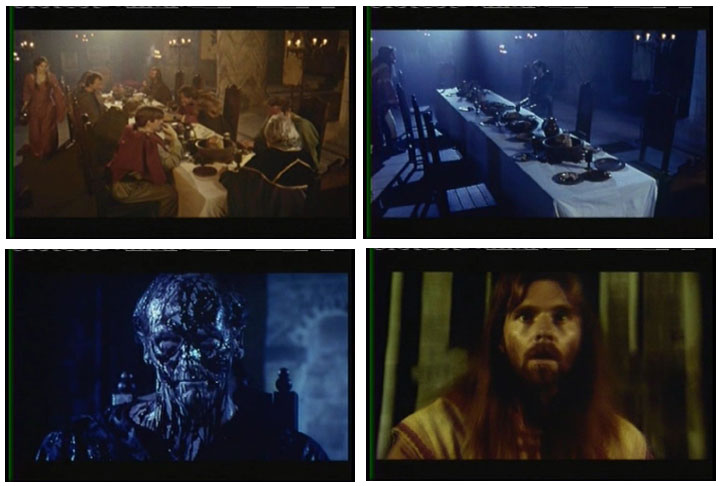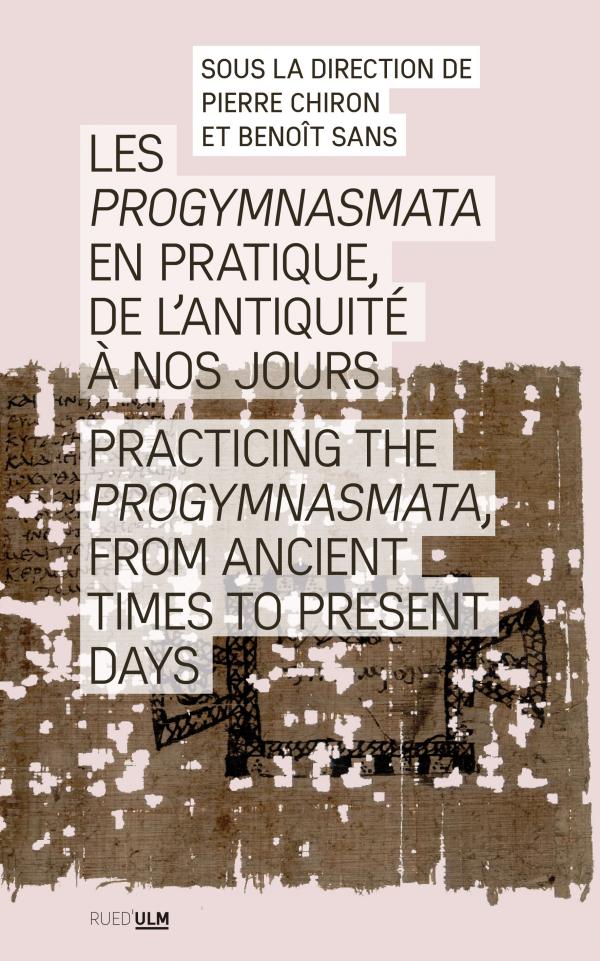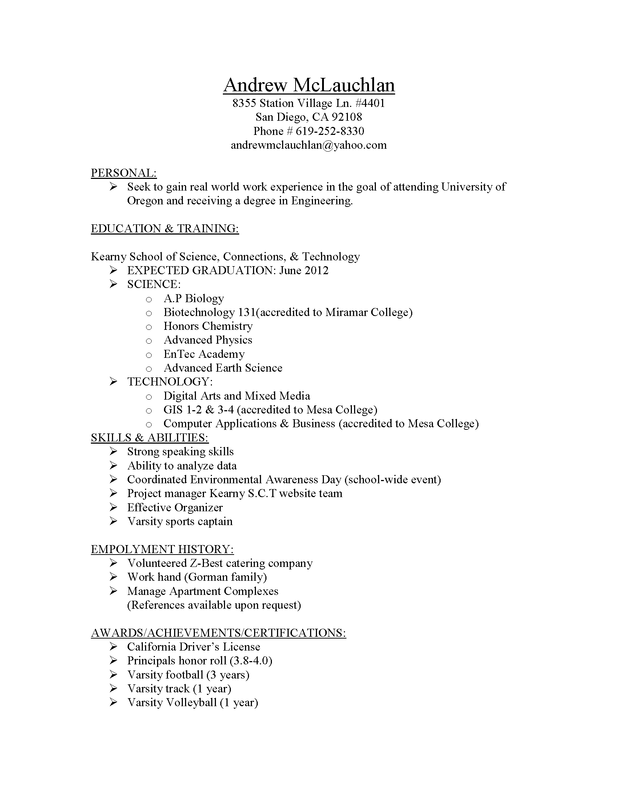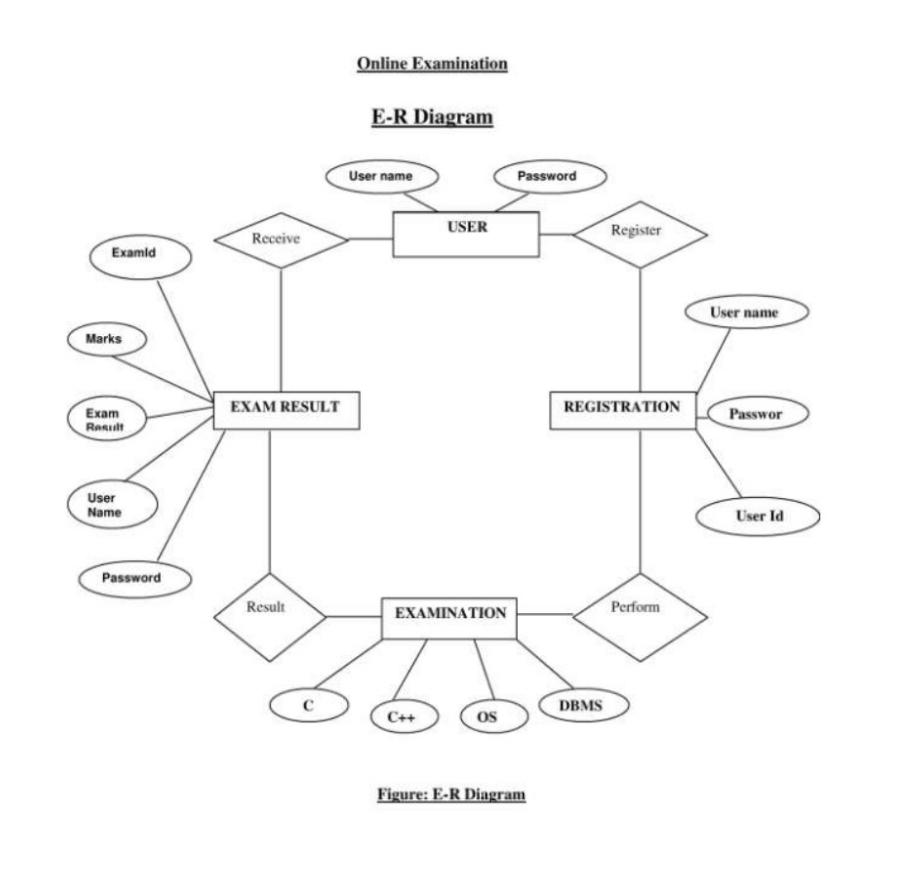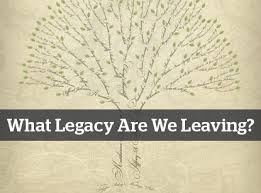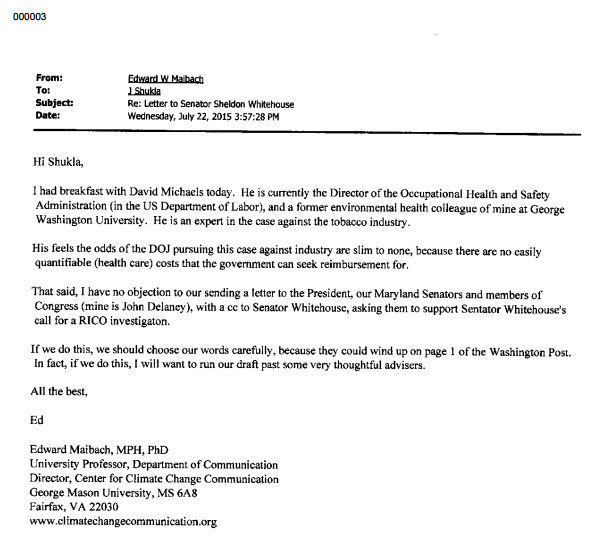John Locke (1632-1704) - Saylor Academy.
John Locke (1632-1704) is best known for his theory of the mind as a blank tablet, or tabula rasa. By this, Locke meant that environment and experience literally form the mind. According to Locke, development comes from the stimulation children receive from parents and caregivers and through experiences they have in their environment. The principle of tabula rasa, also referred to as the.John Locke (1632-1704) Locke could conceivably be considered the greatest English philosopher; he was certainly one of the most influential. He made major contributions to philosophy in the areas of consciousness and politics, and his writings on the latter subject proved very influential in many countries that revolted against unjust rule. Background John Locke was born to Puritan parents in.John Locke in his Essay Concerning Human Understanding restated the importance of the experience of the senses over speculation and sets out the case that the human mind at birth is a complete, but receptive, blank slate ( scraped tablet or tabula rasa ) upon which experience imprints knowledge. Locke argued that people acquire knowledge from.
Paper type: Essay, Subject: John Locke Empiricism is the position that all cognition comes from experience whatever is the head got at that place through the senses. Locke was an empiricist who held that the head was tabula rasa or a clean slate at birth to be written upon by centripetal experience.Tabula rasa” this is how the educationalist John Locke, (1632) believed children were born, with a “blank slate” beginning their lives morally neutral. He also wrote that “the little and almost insensible impressions on our tender infancies have very important and lasting consequences. He argued that the “associations of ideas” that one makes when young are more important than.

John Locke’s philosophy saw human nature as a tabula rasa. In this view, the mind is at birth a “blank slate” without rules, so data is added, and rules for processing them are formed only by our experiences. One example related to Locke is again from the book “Lord of the Flies”. Character, Ralph was voted to be the chief, but even as they built the first fire, they abandoned their.

